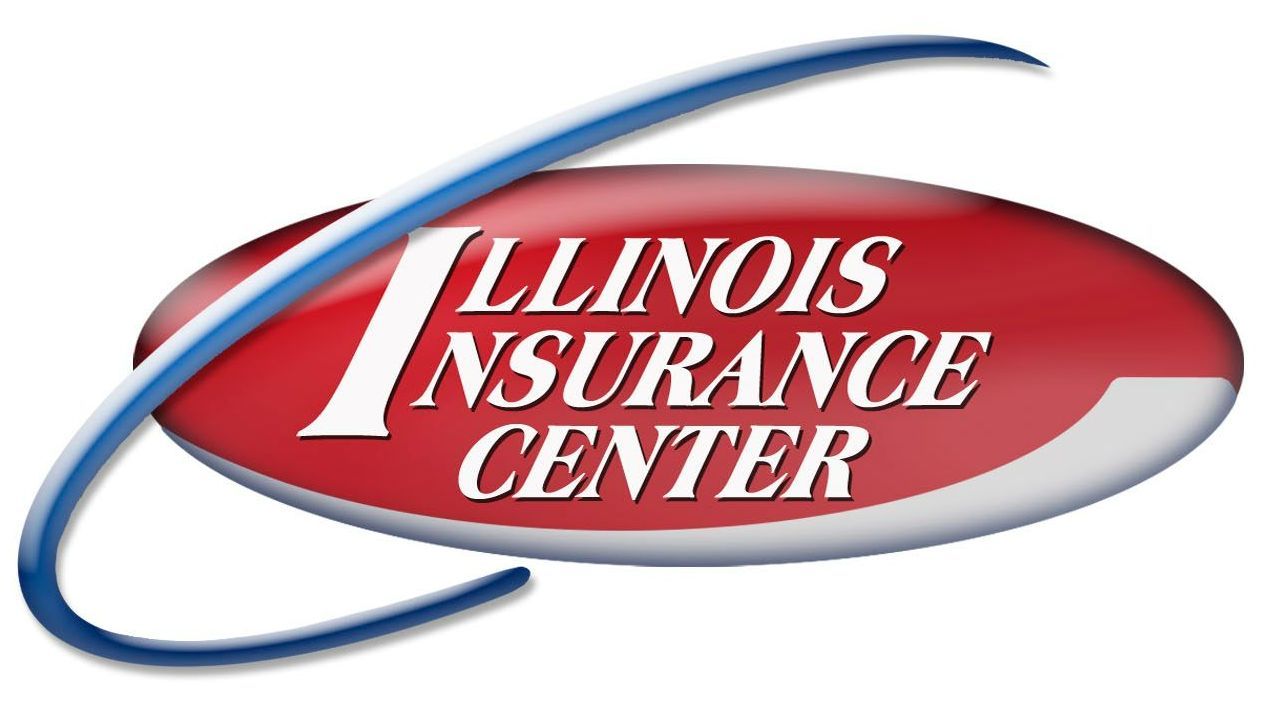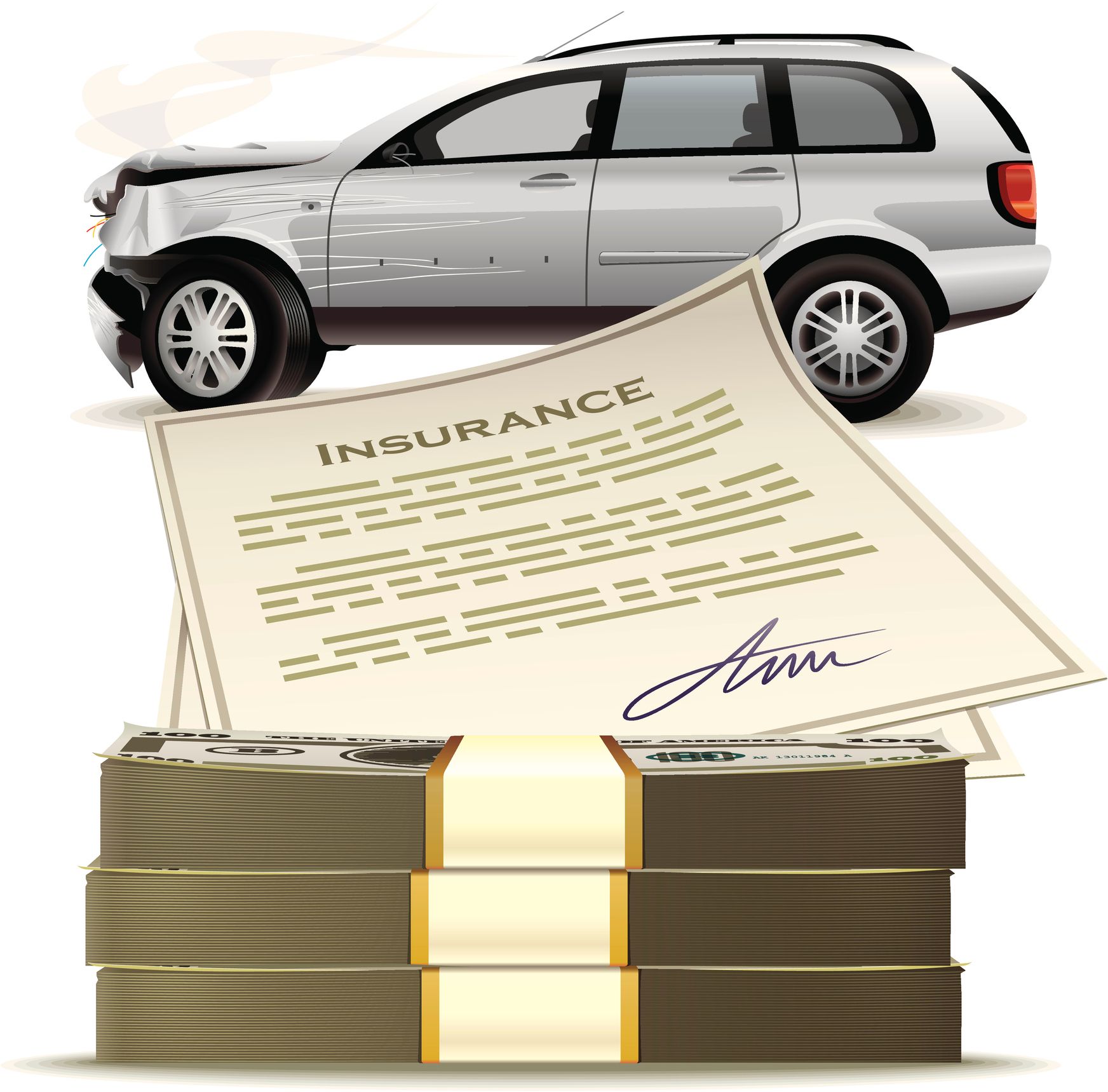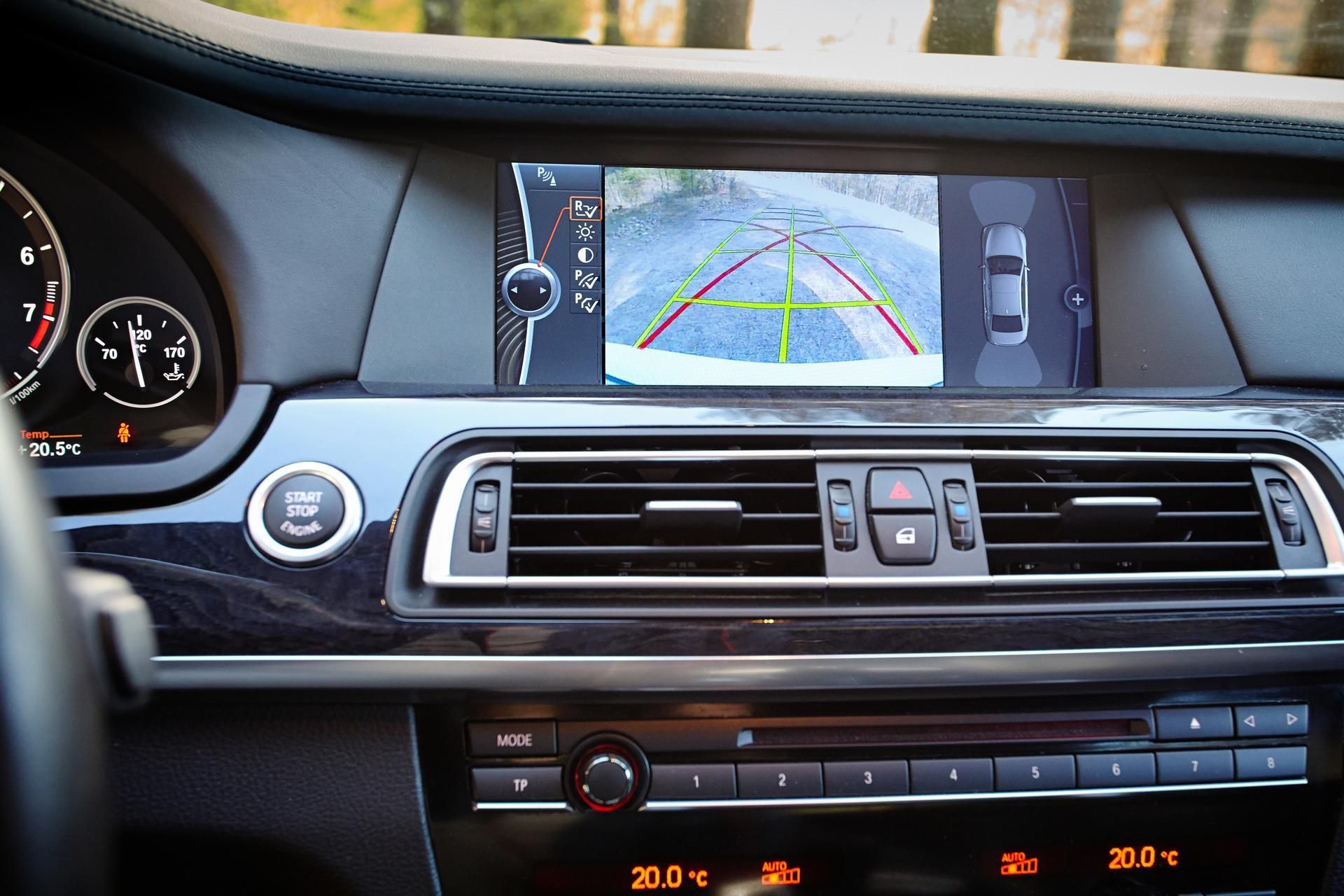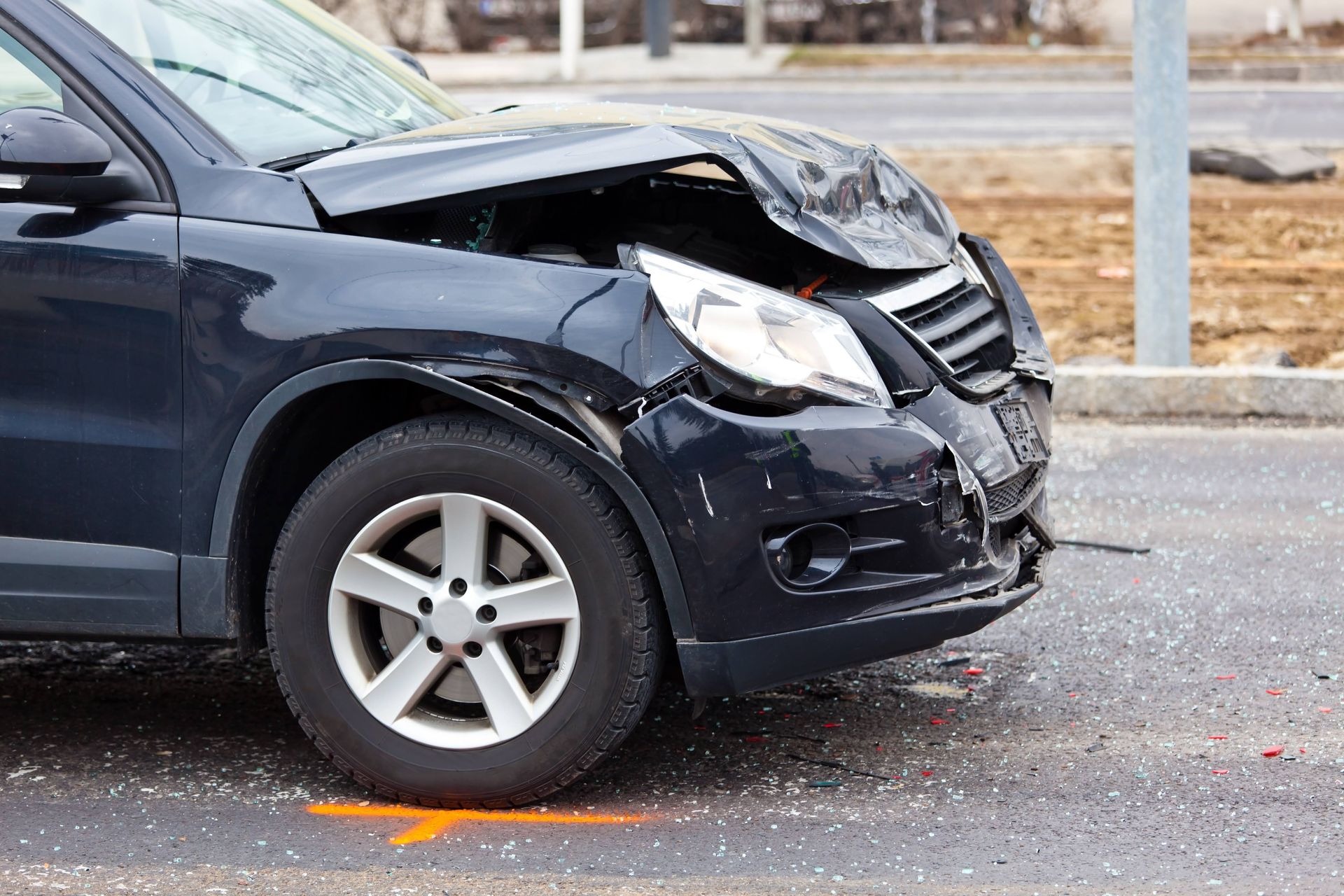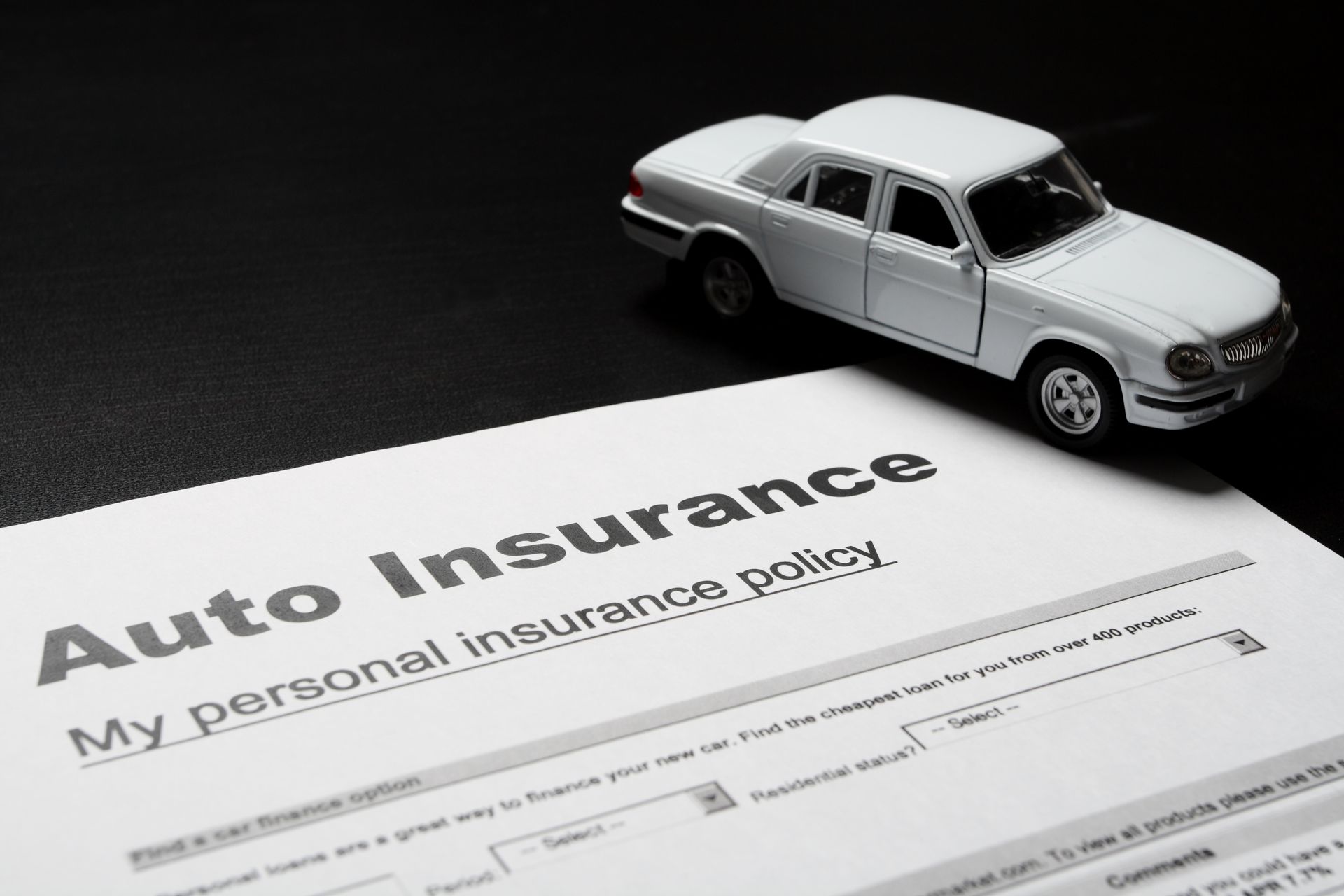Liability, Collision, or Both? What You Need to Know About Your Auto Policy
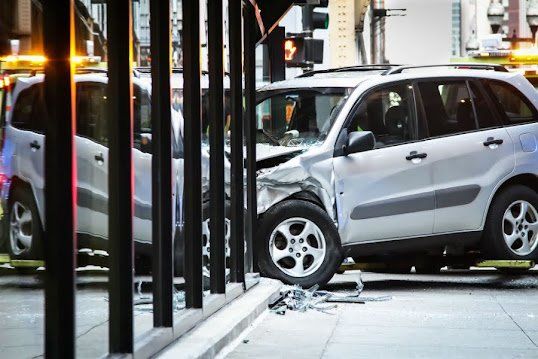
What are the differences between liability and collision coverage? You don't want to pay for coverage that you may not need. But you're not sure what's required by law, what's practical, and what can save you money in accident-related out-of-pocket expenses. Whether this is your first experience with auto insurance or you just want to know more about the types of coverage, take a look at the top liability versus collision questions answered.
What Is Auto Liability Coverage?
It's all in the name. Liability refers to the person who is liable, or at fault for, an accident or another type of auto-related damage. You will find two types of liability insurance — bodily injury and property damage. Most states require car owners (or drivers who lease a car) to have both types of liability insurance.
What Is Bodily Injury Liability Auto Insurance?
This type of auto liability coverage helps to pay for, as the name implies, costs related to physical (bodily) injuries. If you cause, or are at fault for, an accident, this type of required coverage can help another driver, passenger, or pedestrian to pay for doctor's office, hospital, rehabilitation, or other similar injury-related bills. It may also pay for lost income due to the injuries and pain and suffering. Your bodily injury liability insurance does not cover your medical bills after an auto accident.
What Is Property Damage Liability Auto Insurance?
This part of your auto insurance policy covers the costs related to property damage. Property, in a policy, refers to other vehicles, a home, a commercial building, a fence, or other objects and structures that you damage or destroy when driving. This coverage does not apply to your vehicle. Your auto insurance agent can review the specific types of property your policy will cover.
What Is Collision Coverage?
If liability insurance covers injuries or damage to people, cars, structures, and parts of someone else's property sustained during a crash, why do you need collision insurance? Unlike liability insurance, which only pays for someone else's medical bills, car repairs, or home repairs, collision coverage helps to pay for your costs after an accident.
The definition of this type of auto insurance also starts at its name — collision. If your car collides with another car, a structure, a fence, shrubs in a yard, a tree, a telephone pole, or some other object, this part of your policy will help to pay for repair or replacement-related costs.
You can use this type of insurance if you're at fault for the incident. If another driver is at fault for the collision, their property damage liability insurance would pay for your car's repairs.
Do You Need To Have Both Types of Insurance?
The answer to this question depends on your state's auto insurance laws. Most states require vehicle owners to have both types of liability coverage. But collision coverage is typically an optional add-on to a policy. Even though you don't legally have to purchase collision coverage, this auto policy can save you money if you cause an accident.
Without collision coverage, you may need to pay for 100 percent of the repairs to your car. This can result in thousands of dollars in unexpected costs to you. While you will need to pay extra for collision coverage, it's possible that the monthly, bi-annual, quarterly, or annual price you pay for a premium is a lower overall price than the costs of accident-related repairs to your car. To learn more about the cost of collision coverage versus the price of auto repairs, talk to your insurance agent about policies and options.
Does Either Type of Coverage Pay for Breakdowns and Wear?
No, neither of these policies will pay for mechanical breakdowns and wear-related failures. Both auto liability and collision insurance cover injuries and damages that happen while driving as the result of an accident or collision. Your auto insurance liability and collision coverages will not offset out-of-pocket expenses from years of use or lack of proper maintenance.
Do Either Liability or Collision Insurance Cover Vandalism or Other Similar Hazards?
Imagine an unfortunate situation in which someone smashes your driver's side window to break into your car, a deer runs into your SUV, or a tree falls on your truck. None of these incidents fall under the liability or collision coverage categories. You will need comprehensive coverage to pay for these types of repairs.
Comprehensive coverage includes a variety of non-collision types of accidents, incidents, and other damage. The specific incidents comprehensive insurance covers are spelled out in the policy. These could include anything from falling rocks and hail to a deer who jumps onto the hood of your car. This coverage typically comes with its own separate deductible.
Do you need a new auto insurance policy? Do you want to learn more about the legally required and optional types of vehicle insurance? Contact Illinois Insurance Center Inc. for more information.
